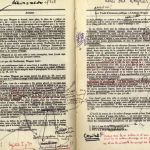
Why Should We Read Althusser (Again)?
Just as Marx’s Capital can be read in different ways and its theories brought to bear on different things, so too does Althusser’s Reading Capital offer various lessons.

Just as Marx’s Capital can be read in different ways and its theories brought to bear on different things, so too does Althusser’s Reading Capital offer various lessons.

We will only explore certain relations between Althusser and the philosophical formulations of workerism — elaborated by Mario Tronti and Antonio Negri — respectively and from the decidedly limited but nonetheless revealing point of view of the relations between political practice and theoretical practice.
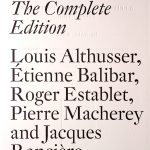
We are no longer dealing with an anthropological causality referred to the act of a subjectivity, but with a quite new causality which we can call metonymic causality.
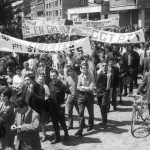
Althusser’s contribution is to have shown that historical materialism, if it means to justify its claim to be a science of history, can only be the science of the always aleatory encounter known as the class struggle.
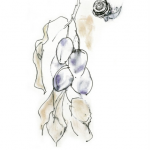
By viewing his theoretical interventions as indications, Althusser signals that he understands them as moments of a larger process: a practice of collective research.
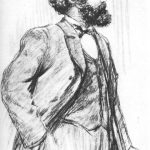
The premises of a materialist concept of knowledge, still to be elaborated, can be read in the interstices of Althusser’s article on the Young Marx; they provide its secret drama, and doubtless constitute its most significant and substantial contribution.

By reading Althusser’s work the way he read others, we see an image of Althusser not as irredeemably “theoreticist,” but as a theorist entangled with the complex legacy of Marxism: its history, its debates, and analytical and political currency within his own conjuncture.

If CUNY’s movements are to reverse the administration and the NY government’s assault, they will need to force the union to move past the economism of their contract campaign and embrace struggles that speak to the lives of their members, New York, and the wider world.

These two aspects of Ali’s life – the athlete and the militant – cannot be separated: his entire boxing career was fully political, and his greatest matches, against Ernie Terrell and George Foreman, saw him waging the struggle against white supremacy, racism, and collaborationism in the boxing ring itself.

The real problem with Inventing the Future is not the deficiencies in its program – any bugs in the proposals could always be ironed out in the testing stage – but its relation to futurity as such.